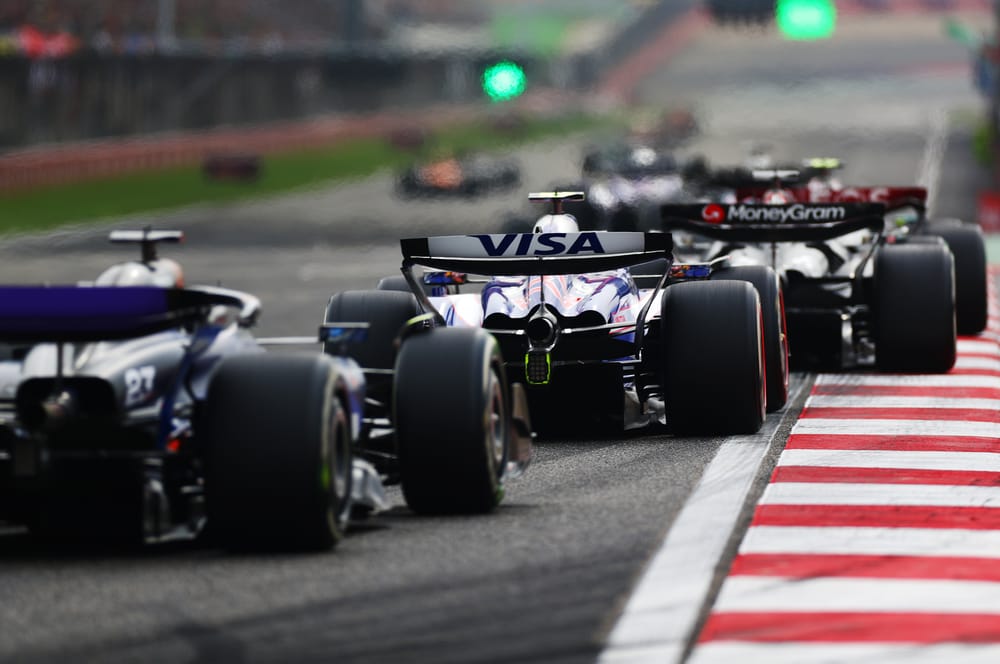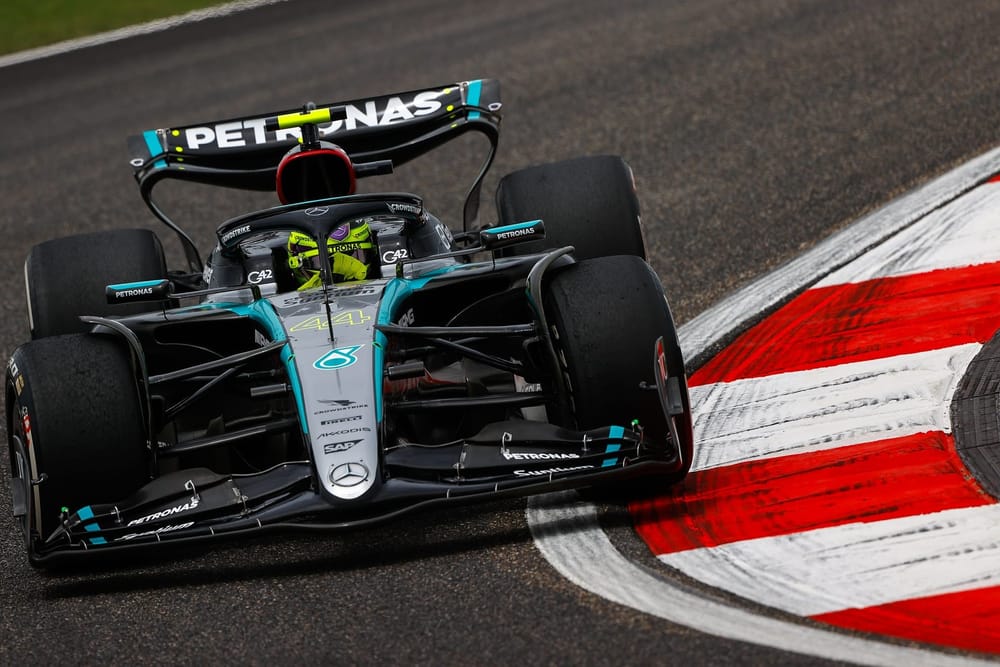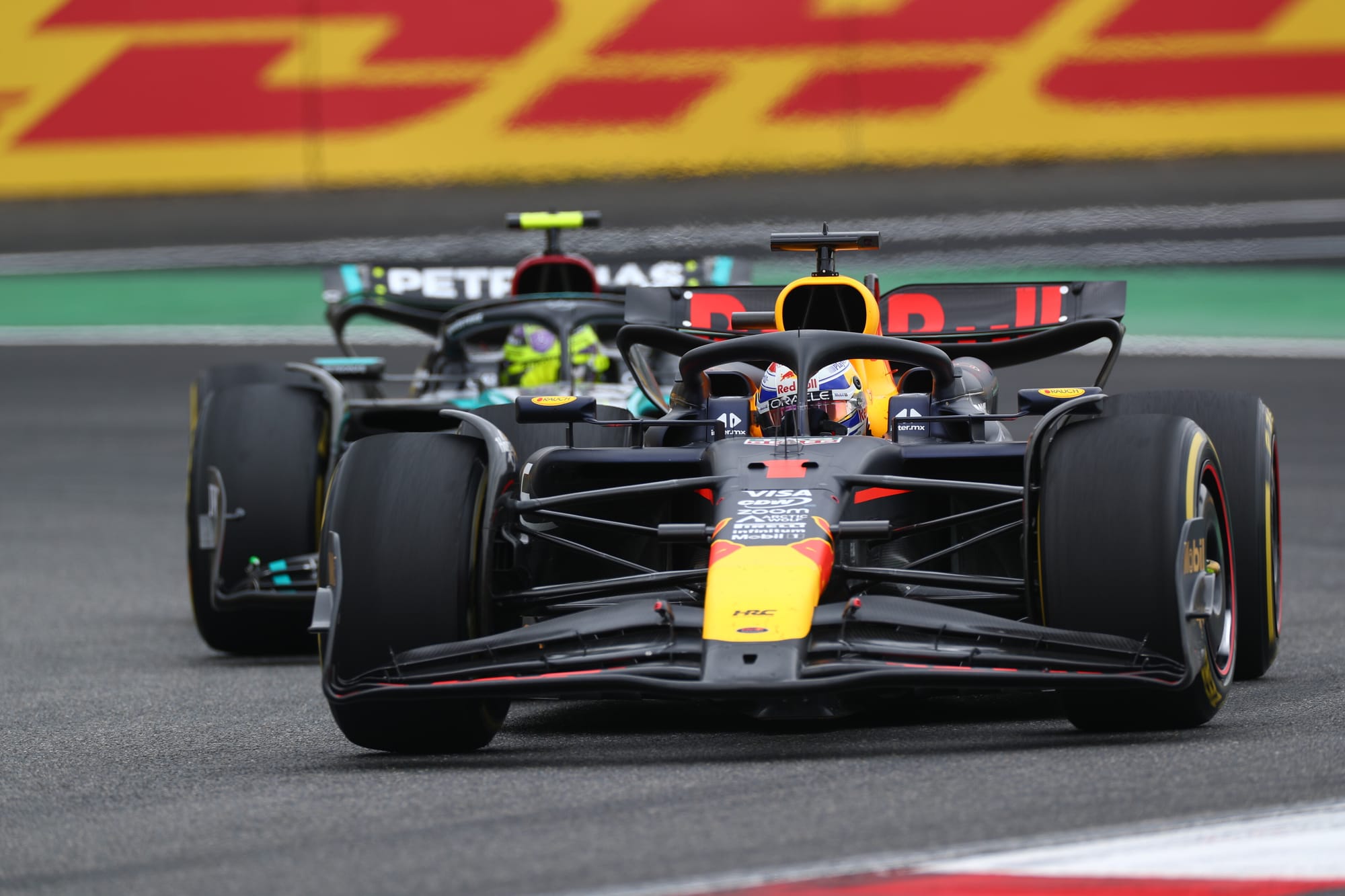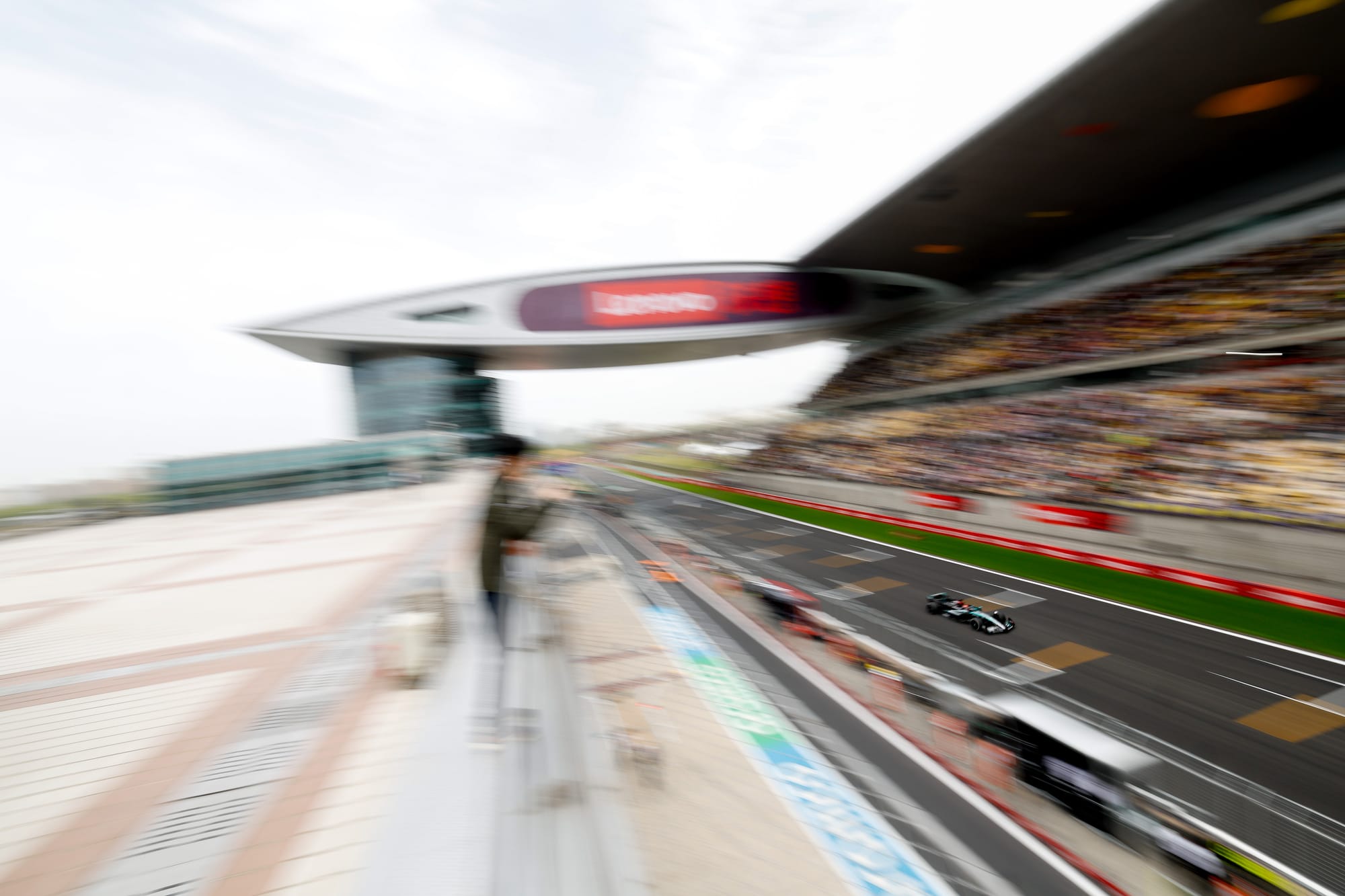Up Next

Formula 1's points system could change if approval is granted to a new system that would award points to the top 12 finishes in a grand prix.
The Race understands the new system will remain the same for the top seven finishers (25-18-15-12-10-8-6) but distribute 5-4-3-2-1 point/s for eighth through 12th places.
Reaction from teams and drivers has been split, with the likes of Alpine driver Pierre Gasly saying "if you're not in the top 10 you've just to go work harder", while Haas boss Ayao Komatsu called the proposed new system "clearer for the fans and then for the motivation of everybody working in a team as well".
Here's what our writers think:
What's the point?
Ben Anderson
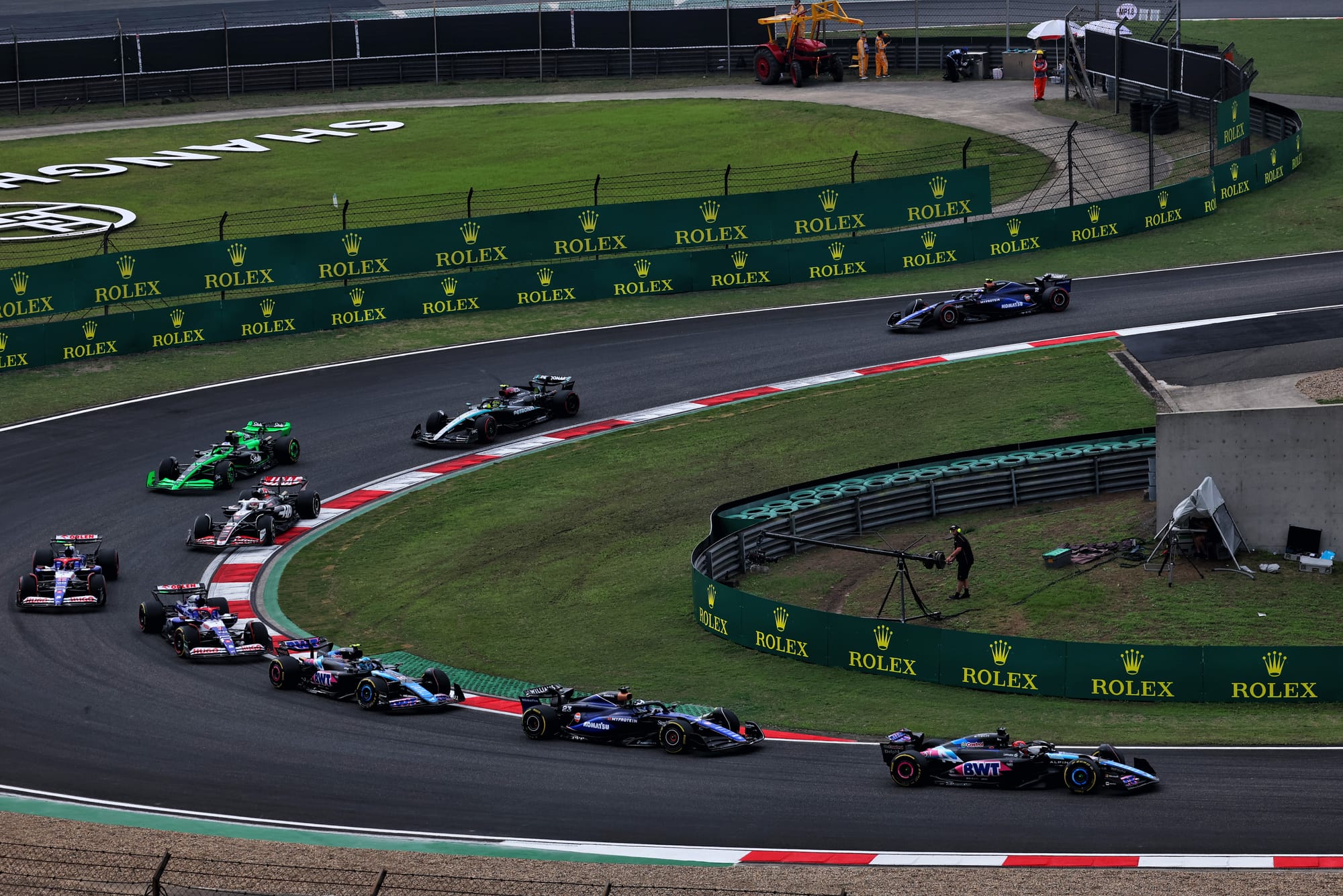
I honestly don't see the point in this.
A meagre bone thrown to the current bottom five teams at no real cost to the top ones - something to make Alpine/Williams/Sauber/Haas/RB feel like they're not just trying to beat Lance Stroll in every race?
But marginal fiddling with the points system is quite literally pointless. I can't see it achieving anything of note.
Remember the 2014 double points finale that was meant to make the championship last all year whatever happened? Well, it lasted all year anyway, then was hastily dropped because it basically achieved nothing.
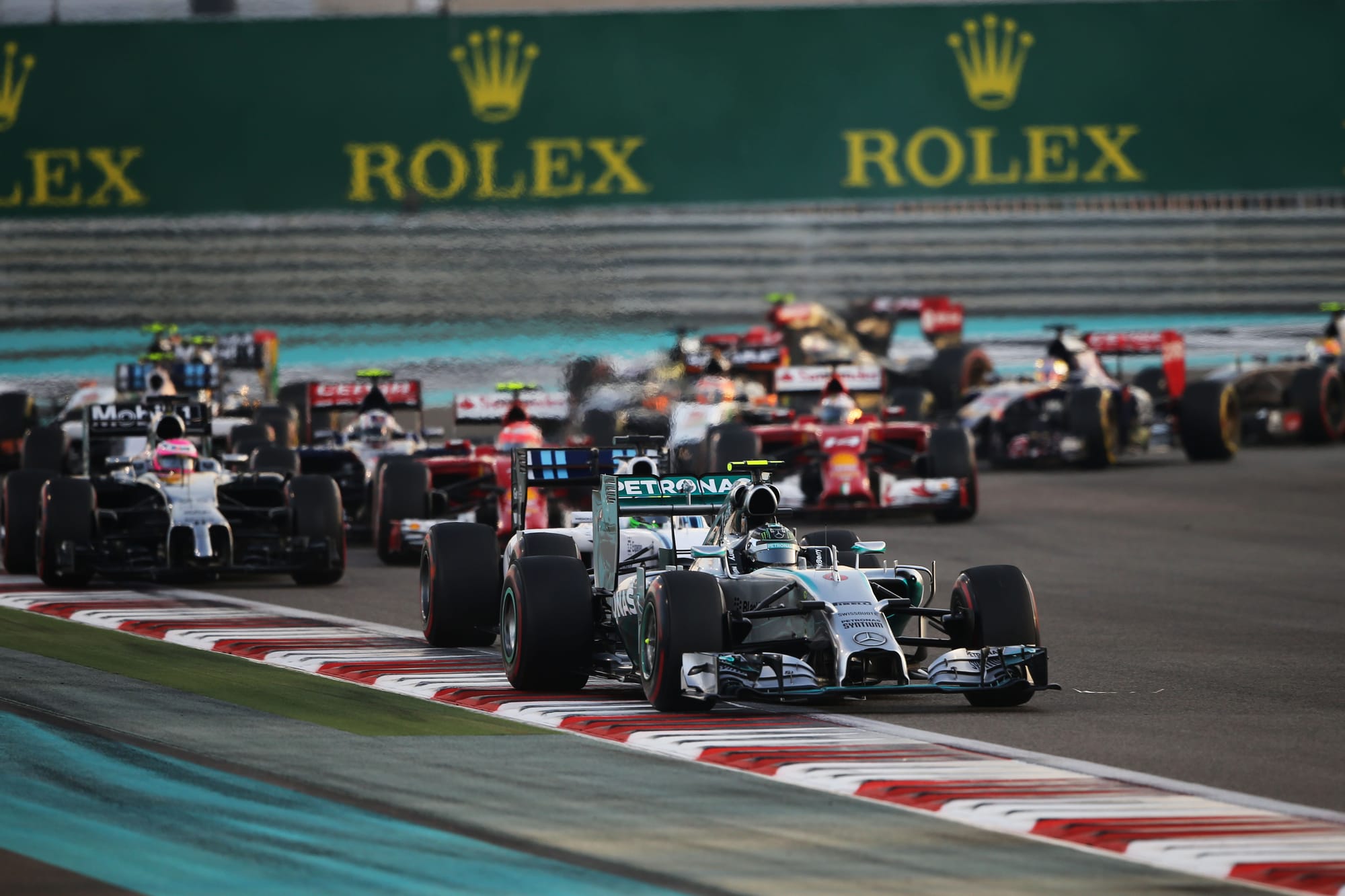
Remember adding a point for fastest lap if you also finish in the top 10? What has that achieved - apart from creating some extra work in the pitlane and burning through more soft rubber?
Even awarding points for an extra race on Saturdays hasn't made any tangible difference, so this latest gimmick doesn't really stand a chance.
It's basically arbitrary at this point. We may as well have points for every finishing position. That would seem to me to be the fairest way to run things.
Awarding points to the top 12 instead of the top 10 means very little in practice - unless, perhaps, the grid expands to 11 or 12 teams...
A more accurate picture
Scott Mitchell-Malm
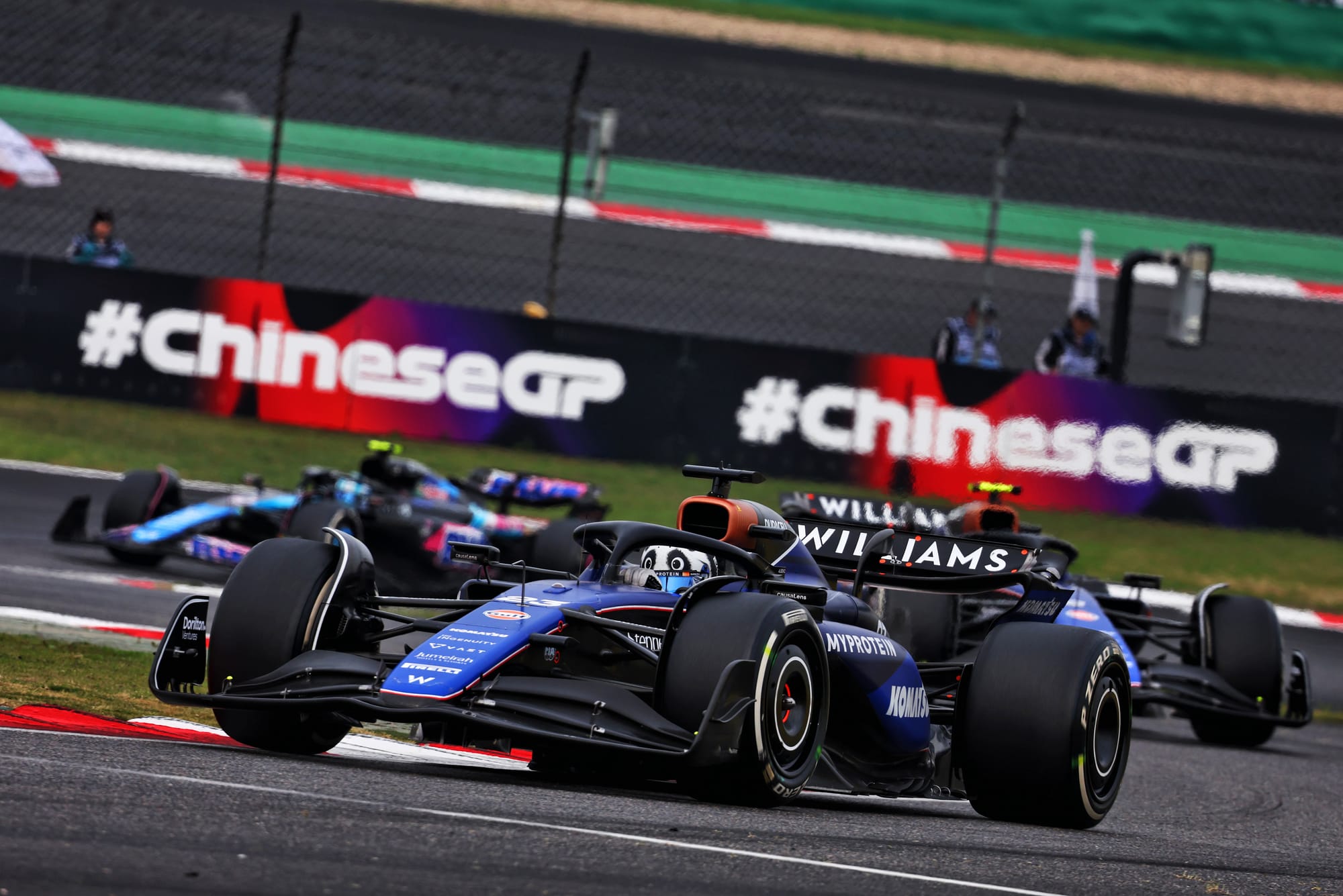
I like this idea and the structure. It's similar to something I've considered previously and felt modern F1 probably needed to adopt.
While I haven't looked at it from every single conceivable angle, I have checked how it would impact this season so far, and the pros outweigh the cons.
Yes, it could potentially devalue a points finish. But to that I think we need to factor in reliability being what it is now in Formula 1 and the competitiveness of the teams getting better. And if the closed-shop utopia F1's clearly keen to enforce becomes a real thing, then it will be a fierce fight to finish in the top 15 let alone the top 10 or the top 12.
Points will still be earned. And this system would better reward the teams consistently beating their midfield rivals.
For instance, this year the main changes would be Haas moving above RB, and Williams having five points to Alpine's one. Both those changes provide a fairer reflection of the opening five races.
Tsunoda's (excellent but isolated) points haul is cancelled out by Hulkenberg's consistency and Magnussen backing him up better than Ricciardo has Tsunoda. Meanwhile Williams has been consistently closer to the top 10 so far than Alpine.
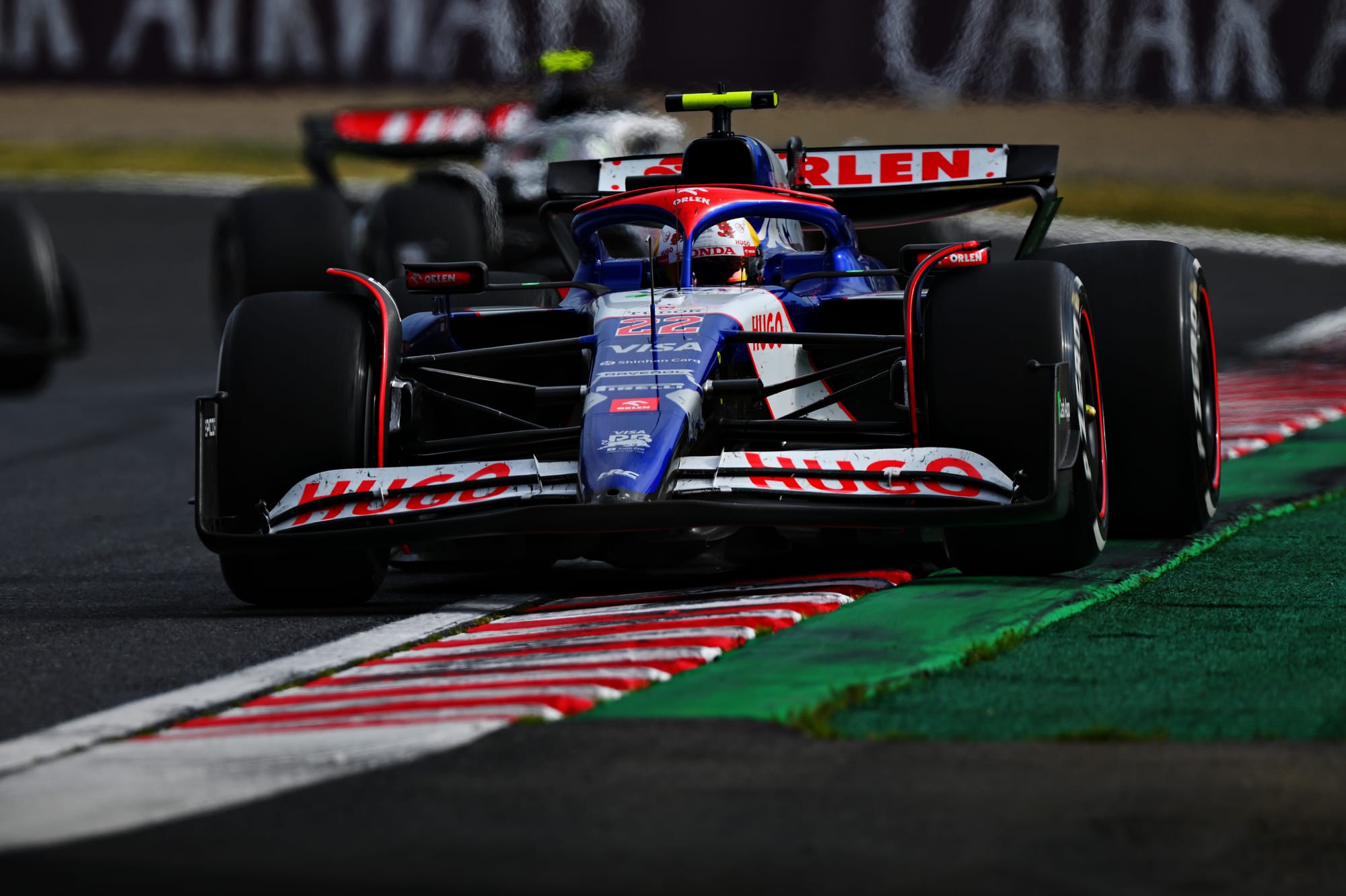
That also boosts my confidence that this system would reduce the risk of really big, swingy races, and frankly, a fluke result deciding a tight championship battle between the teams that are barely scoring points.
On the limited evidence of 2024 so far, Haas does not deserve to be beaten in the championship by a Williams or an Alpine that, at one race between now and the end of the season, cashes in when there's a load of chaos and finishes sixth and seventh, for example.
If a team tots up a few more points here and there finishing between 9th and 12th along the way, it would be better protected against that risk. And the final standings would be more accurate.
F1 hasn't gone far enough
Glenn Freeman
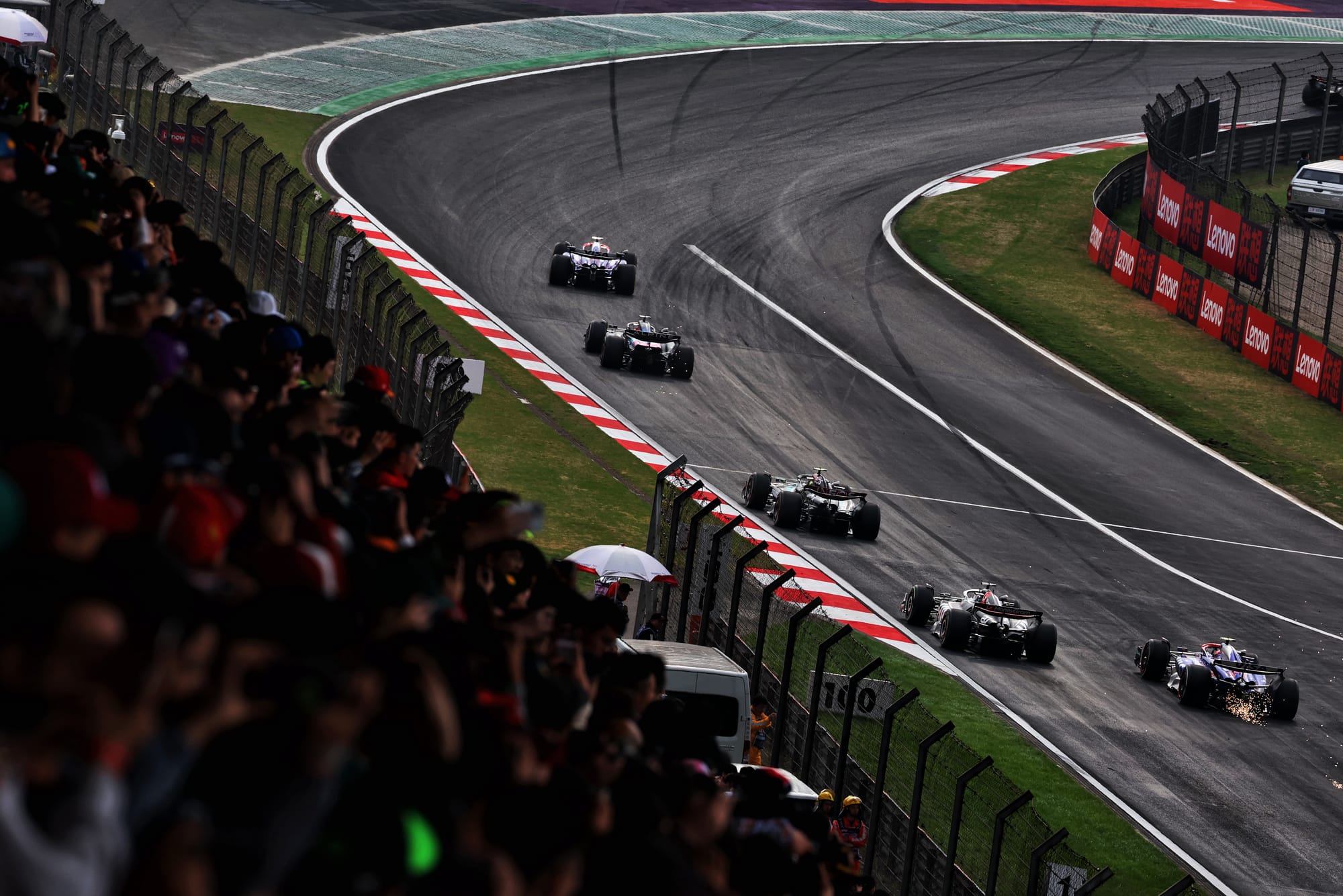
It took a while for the traditionalist in me to make peace with the change to 25 points for a win, and while I've never been a fan of the change to give points out to the top 10, I understand why it was done.
The reasons for changing it again make sense, but in true F1 style the change being discussed is too soft.
Opening up the points to an extra two places doesn't fundamentally change anything.
If we're going to make a change, I'd suggest a system that pays out to every car that finishes. And in a tweak to F1's current rules, you would only be eligible for points if you complete enough of the race distance to be classified, AND you're still running at the chequered flag.
The system would need to accommodate 20 finishing cars, but there's still that element of jeopardy: if you don't make the finish, you're not going home with a token couple of points just because your car retired after some others.
You'd need to go up to around 30-35 points for a win to head up a revised structure like this, but that doesn't matter. The 2010 change rendered all points-scoring records meaningless anyway.
And just for any Bring Back V10s listeners we have here, under the 'top 6' scoring system we had for most of the V10 era, the current standings (ignoring sprints and fastest laps) would look like this: 1 Verstappen 40; 2 Perez 24; 3 Sainz 20; 4 Leclerc 19; 5 Norris 13; 6 Piastri 6; 7 Russell 4; 8 Alonso 3; 9 Stroll 1.
Only nine drivers from five teams would have scored. Instead we have 14 drivers from seven teams. It's not all bad to move with the times with these things.
Points system has other flaws
Gary Anderson
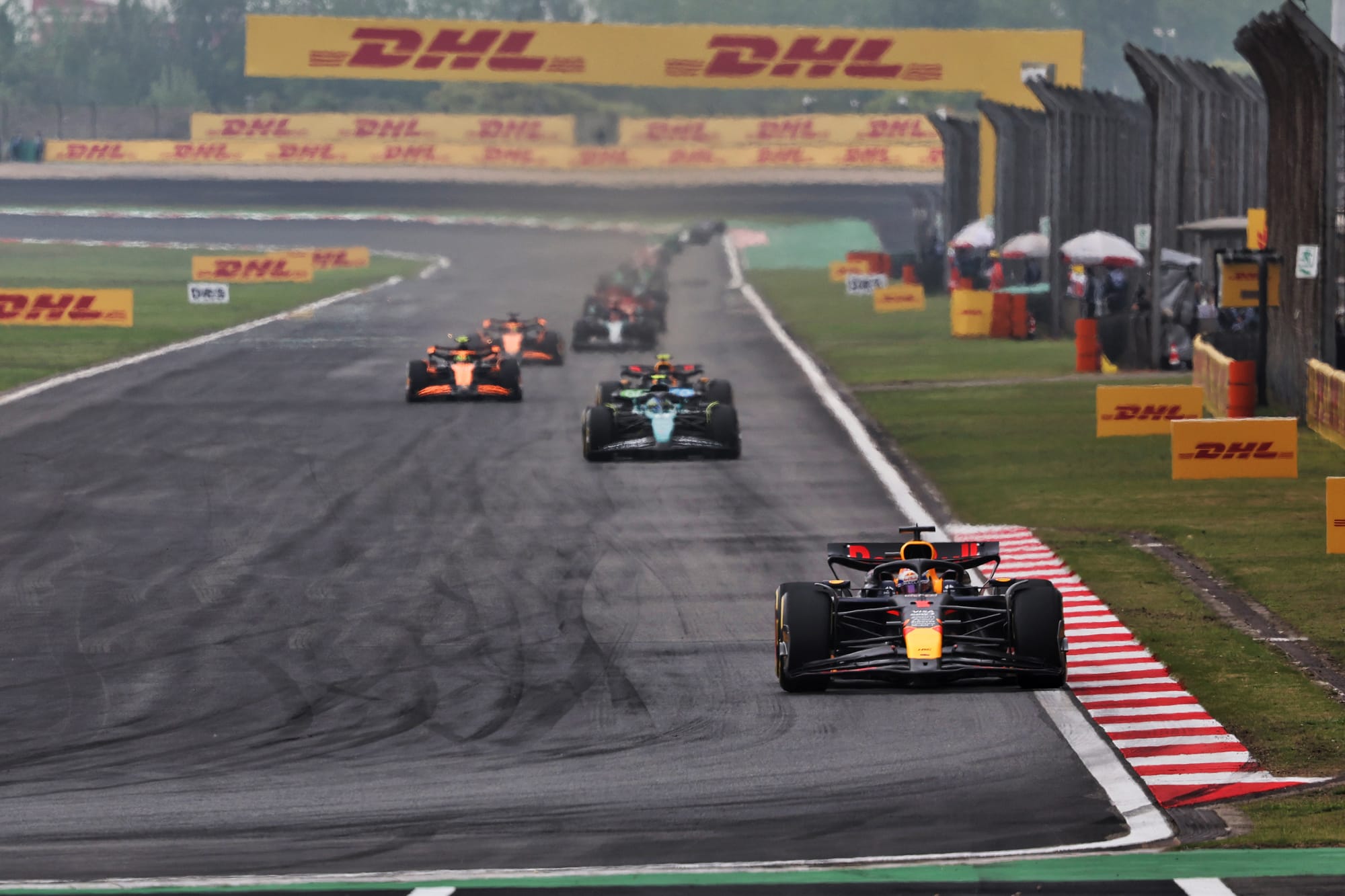
Looking back to when Jordan came into F1 in 1991, when the points were only handed out to the top six, it was very difficult to score points. However, we have to take into account that reliability was nowhere near as good then as it currently is and that was a big factor.
We also need to remember that the performance spread was much greater. It wasn’t uncommon to see a 7% spread across the grid (which is why the 107% performance rule was put it place). Now on most occasions it’s down to 2%.
Back then you could have a really good season and finish seventh in every race and have nothing to show for it, so it was very difficult to sell your potential to sponsors. Now that has all just moved because the cars are so reliable: you can finish 11th and be in the same tricky position.
All that said I think if it is going to change - which means it will have an effect on drivers' and teams' points-scoring statistics - then it should be a drastic change.
At a minimum it needs to be the top 15 finishers, if not everyone that finishes, that scores points. Going from 10th to 12th to me is a bit short-sighted.
I’m sure a points allocation could be worked out that would still give the winner a reasonable step, but I don’t think it needs to be as big percentage-wise as it is. Currently, 25 vs 18 points for first/second is a 28% step.
We all want the championships to be more of an unknown until late in the season, so why not work out any new points allocation to reduce that step to around 20%?
'Nil points' must be preserved
Edd Straw
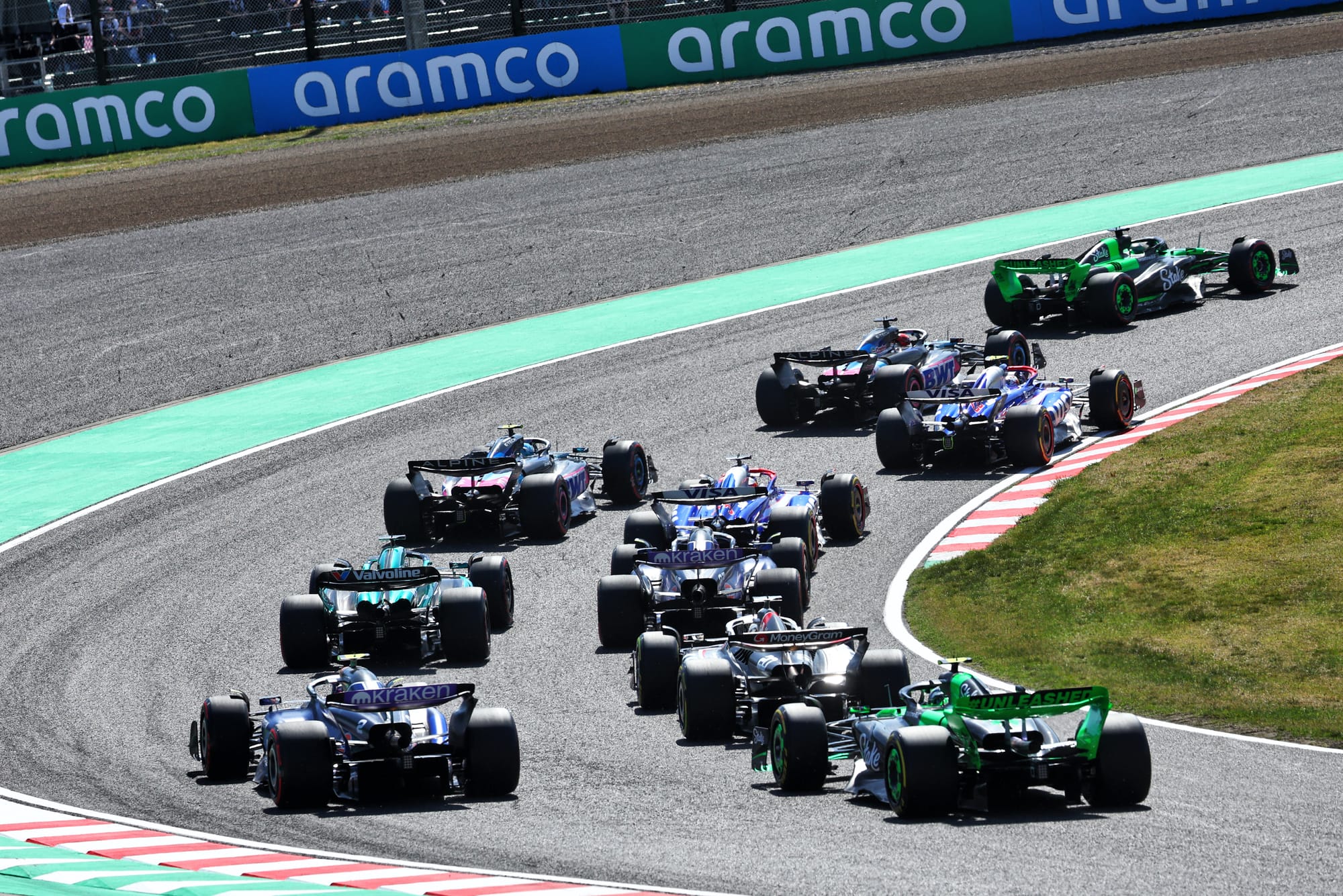
Increasing the points-paying positions to 12 is logical enough given reliability rates and the desire to better reflect the competitive order lower down the field in the championship standings, but F1 should go no further.
That's because scoring no points in a race is as important a measure as doing so.
You can legitimately argue that the fairest scoring system would give points to all, quantifying every single result. But it's essential to be able to fail to some extent, with zero points an important measure either of a team or driver that's underperforming, or both.
Take the case of Lance Stroll in China - was his 15th place after torpedoing Daniel Ricciardo's RB under the safety car really worthy of points? And what would it have said if the terrible Haas of 2021 could just roll around and pick up points week-in, week-out? Though for reference, its tally even under this expanded points plan would have been just one!

There's also a strong storytelling reason for preserving 'nil points'. The points/non-points cutoff gives shape to what would otherwise be a more amorphous race result.
If you glance at a grand prix result sight unseen, you'll usually be focused on the top 10 because that's where the points are paid, for the same reason that a battle for ninth and 10th place doesn't mean much in a sprint race. A championship like, say, IndyCar, doesn't have that cutoff and every competitor that starts the race scores. That's a small, but significant, factor when it comes to fan engagement.
F1 has bigger things to fix
Matt Beer
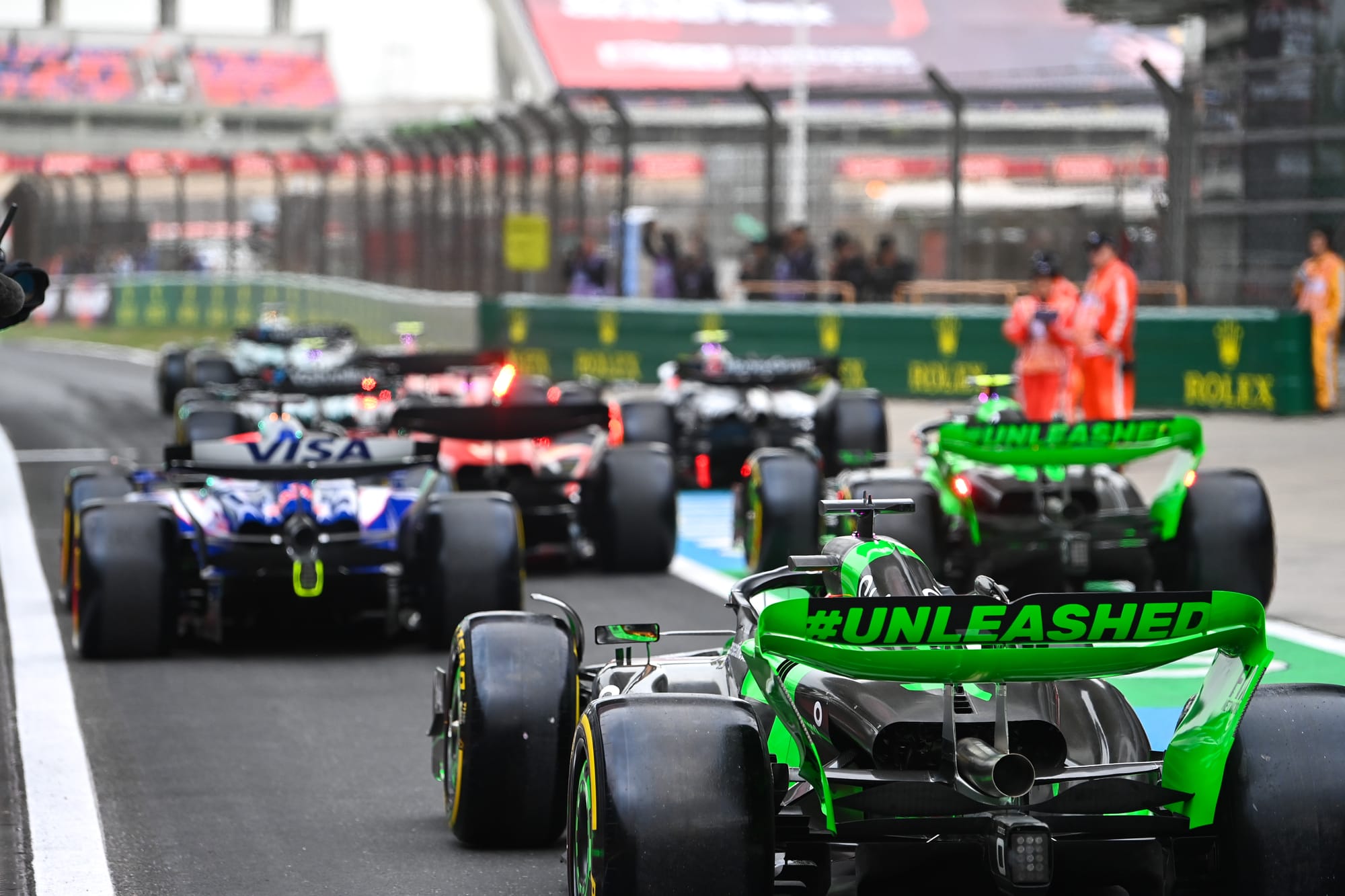
Points down to 12th is not a bad or offensive decision. But why is F1 even bothering when it has so many bigger problems?
OK, it's unlikely that the time taken to debate this decision and write it into the rules is directly taking time away from people working on things that could make the competition closer and the racing better. But right now there's a frighteningly real prospect that we know the most likely winner of every single race for the next 20 months (that's 43 grands prix AND some sprints).
The audience has enough things to watch that are genuinely tense and fascinating and drama-packed from second place backwards, they just all lack the ultimate significance that they'd have if they were part of a race victory or title fight. Battles around 12th place getting a bit more value changes nothing of note for the majority of the fanbase.
Beyond that, in meritocracy terms this has also now gone too far. Throwback to the epic 1989 field and 39-car entries fighting for six points finishes (15%) was imbalanced even in an era of high attrition. But so is 60% of the entry getting points in an era of minimal attrition. It doesn't make lower points finishes as unworthy of celebration as in IndyCar's 'points for everyone, always!' system but it does take a little shine off the achievement of getting that final point.
The odd constructors' championship position fight might now turn out differently but adding points for 11th and 12th is unlikely to settle much that best-results countbacks weren't doing anyway.
Maybe the consequence of this will be the opposite of what's intended, though. In MotoGP, not even getting into the points at all (it's currently top 15 there in a grand prix, for a 22-bike field) is a massive indictment of underachievement when so many score. Perhaps this F1 change will shine an even harsher light on the mediocrity of not even making the top 12, more than making the only slightly less mediocre mediocrity of being 11th or 12th more worthy of celebration.
Make every position worth fighting for
Charley Williams
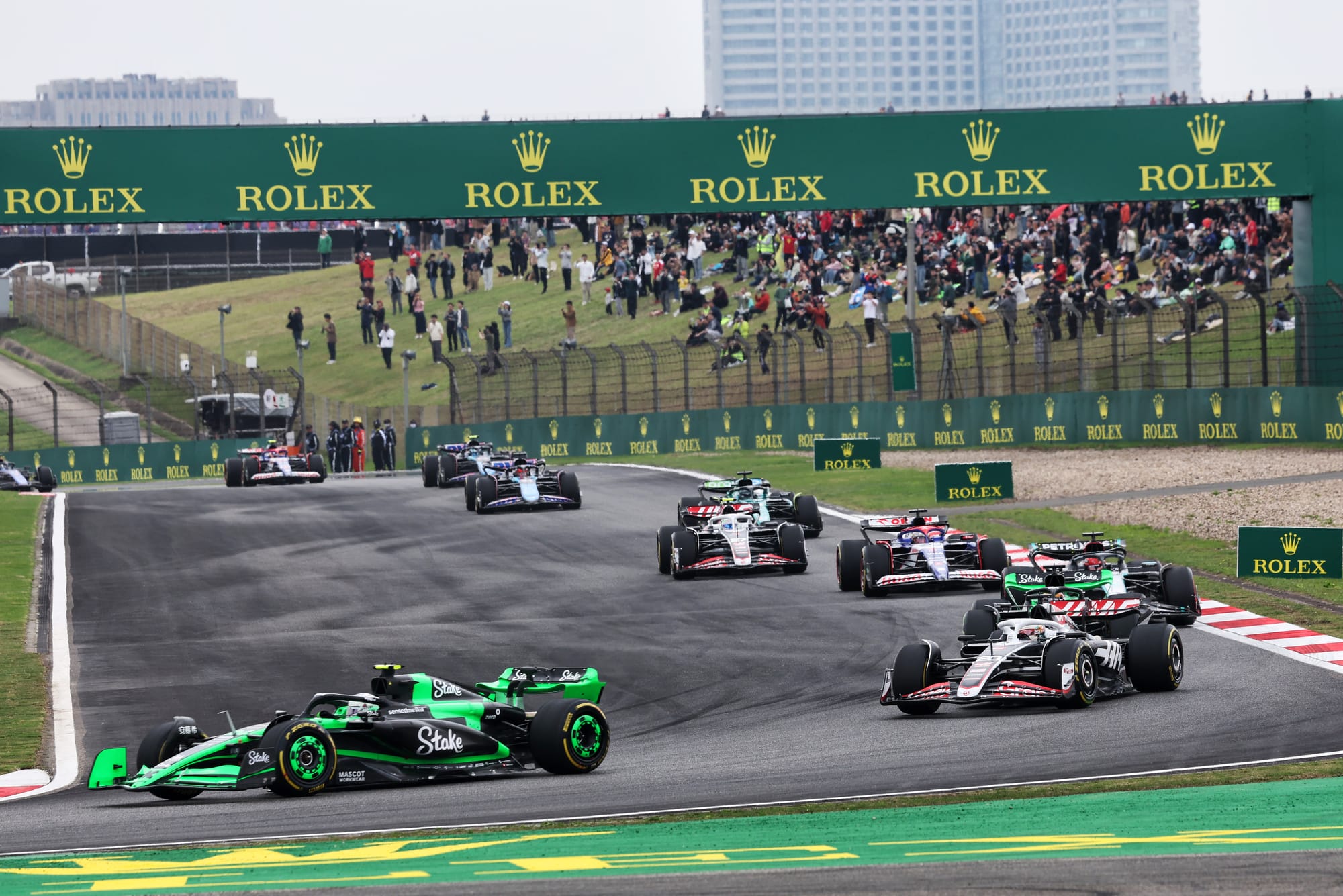
There was a time when I would have opposed this idea. But in F1’s current state, I would welcome an extension to the points system - an IndyCar-style “points for all” would be great, but at a minimum, it should be down to 15th.
Once upon a time there were only three dominant teams, and the others beyond sixth were more interchangeable.
Now with the high level of competitiveness and reliability of teams, Red Bull occupies the top spot, and the remaining points finishes are being fought for by McLaren, Ferrari, Aston Martin, and Mercedes.
Some see points as an award, and finishing at the bottom of the grid shouldn’t warrant any kind of achievement, but I see them more as a measuring tool. They represent the drivers' (and cars') performance in the best way possible. Currently a strong weekend from a midfield driver will likely only net them a point if they are lucky.
Like everything, there are downsides; if for example a driver DNFs on the last lap but is still classified they're taking home points for crashing out - so it would certainly need refining.
But I’m all in for making every position worth fighting for.


